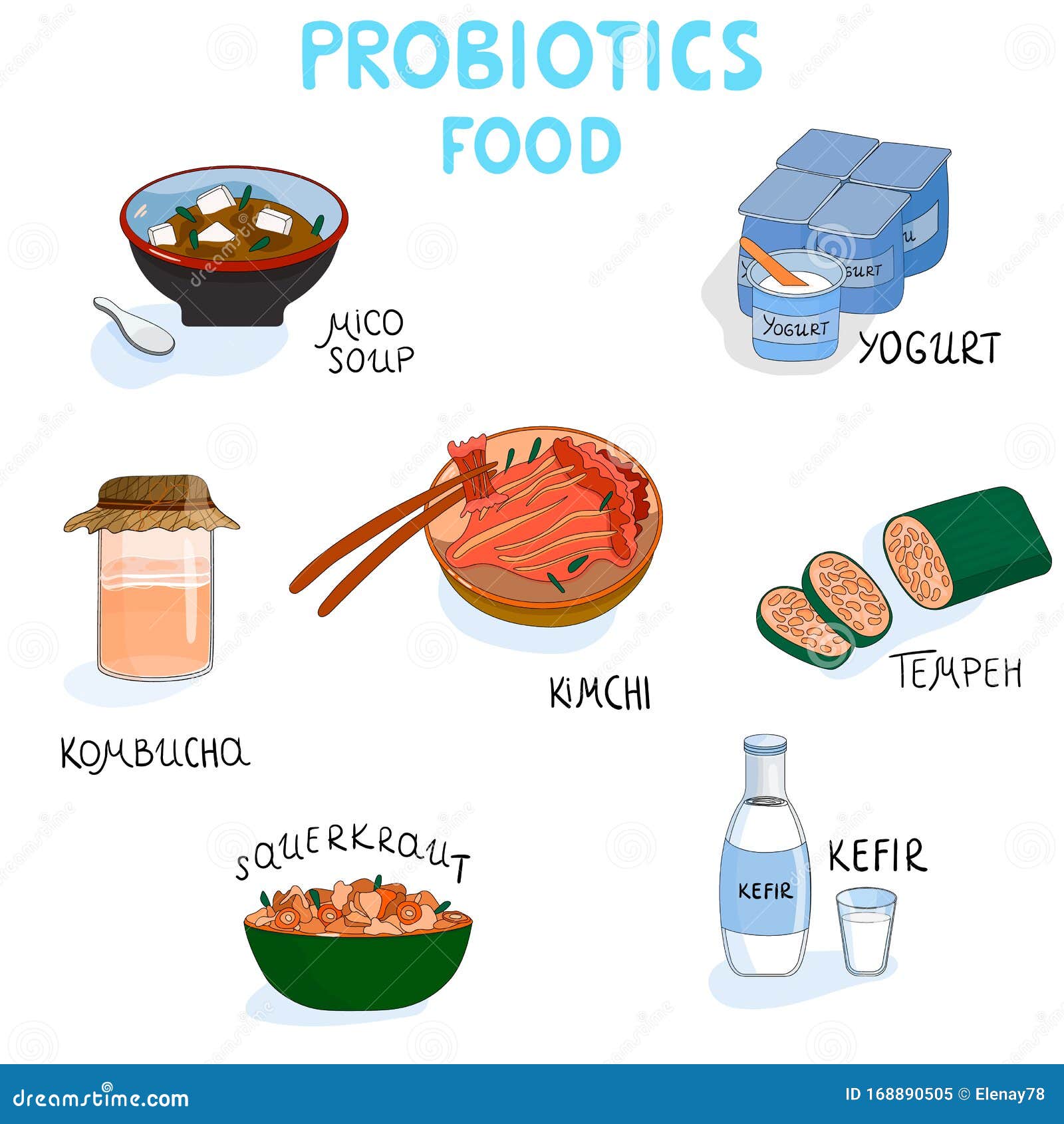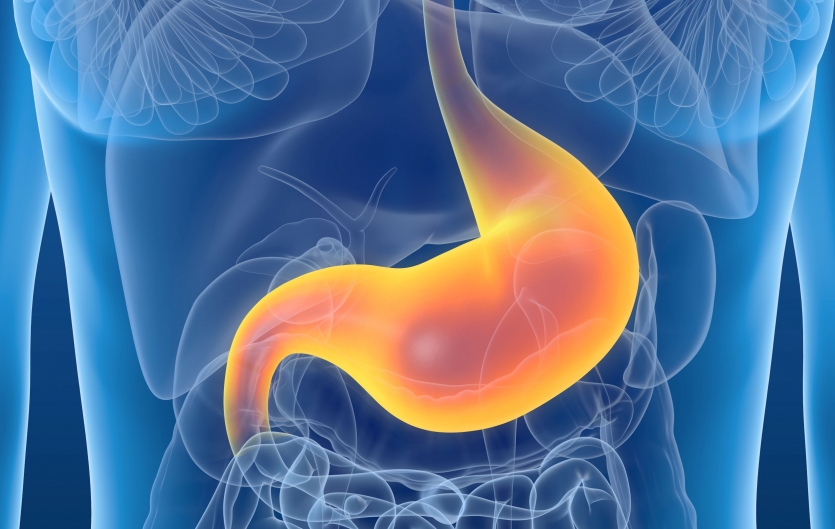Not only the oral drugs have food contraindications, but also injections and transdermal absorption preparations. The drugs enter the gastrointestinal tract through oral administration. They can interact with food in the gastrointestinal tract. The drugs enter the blood through veins and muscles, they also interact with the chemical components of food, beverages, tobacco and alcohol in the blood.
1. Alcohol (All drugs)
For all drug, alcohol is forbidden within 2 hours before and after taking the drug. For some drugs, alcohol is forbidden 1 day before taking the drug and 3 days after the drug is stopped. Some drugs, such as cefmetazole, cefpiramide, and cefmino are prohibiting to drink alcohol for 1 week after drug withdrawal.
In the gastrointestinal tract, The ethanol contained in the alcohol will release the sustained-release drugs and controlled-release drugs in a short period of time (burst release). It will lead to a sudden increasing the drug concentration in the blood and causing drug poisoning;
Ethanol can also induce drug-metabolizing enzymes in the liver. It will accelerate the metabolism of some drugs (such as phenobarbital and phenytoin) in the body, thereby reducing the efficacy of these drugs and causing seizures.
Cephalosporin antibiotics can inhibit acetaldehyde dehydrogenase and cause acetaldehyde accumulation in the body. It causes a "disulfiram-like reaction", which can be fatal in severe cases.
Ethanol has the effects of central depression, gastrointestinal mucosal stimulation, liver damage, lowering blood pressure and blood glucose. It can also aggravate the adverse reactions of sedatives, non-steroidal anti-inflammatory drugs and other drugs.
Especially when you are taking below drugs:
Cephalosporins: Cefuroxime, Cefoperazone, Ceftazidime, Cefoxitin, Cefmenoxime, Cefmendole, Laoxycephalosporin, Cefmetazole, Cefpiam, Cefminox, etc.
Nitroimidazoles: Metronidazole, Tinidazole, Secnidazole.
Sulfonamides: Trimethoprim/sulfamethoxazole.
Sulfonylurea hypoglycemic drugs: Glyburide, Glipizide, Glimepiride.
We should not drink alcohol in 2 days before medication and at least 7 days after drug withdrawal.
2. Tea (Most drugs)
People should not drink tea within 2 hours before and after taking most drugs. Tea contains about 10% tannin, which is decomposed into tannic acid in the human body. Tannic acid will comprise precipitates with alkaloid drugs and metal salt drugs (iron, calcium, bismuth, zinc, etc.). This will greatly reduce the absorption of the drug.
Caffeine and theophylline in tea will inhibit the central nervous system depressants such as phenobarbital and chlorpromazine. It can greatly reduce or reverse the efficacy of the drug.
The caffeine in tea can also stimulate the secretion of gastric acid, aggravate the gastrointestinal side effects of drugs, and even induce gastric bleeding and gastric perforation.
Especially when you are taking below drugs:
Alkaloid drugs: such as Berberine
Antibacterial drugs: such as Tetracyclines
Non-steroidal anti-inflammatory drugs: such as Aspirin, Ibuprofen
Cardiac glycosides: such as Digoxin
Sedative hypnotics: such as Zopiclone, Estazolam
3. Milk (Antibacterial drugs, metal ion-containing drugs)
Antibacterial drugs and drugs containing polyvalent metal ions (antacids, gastric mucosal protective drugs, iron, calcium, and trace elements) should not be taken with milk.
The metal ions (such as calcium and iron) in milk are consisted of the complexes or insoluble salts with these drugs. This makes the drugs difficult to absorb.
The drugs containing polyvalent metal ions can comprise precipitates with the protein in milk. It is not only affecting the drug absorption, but also greatly reduces the absorption of nutrition in milk.
Especially when you are taking below drugs:
Quinolones drugs: such as Ofloxacin
Gastric drugs: such as Bismuth subcarbonate, Aluminum hydroxide
Metal element supplement drugs: such as Zinc gluconate, Calcium carbonate, Ferrous fumarate
Other drugs
People should not drink milk before and after 1 hour of taking above drugs.
Normal food has no effect on the bioavailability of ciprofloxacin, but the metal ions in milk products can reduce the bioavailability of ciprofloxacin by 30% to 36% due to the chelation. It may lead to treatment failure. The metal ions in enteral nutrition can also chelate with quinolones.
Doxycycline and minocycline have lower binding power with calcium ions compared with tetracycline. Although they can be taken with food and milk, they still cannot be taken with drugs containing aluminum, bismuth, calcium, magnesium, and zinc ions.














